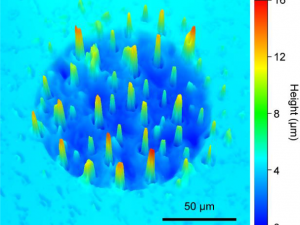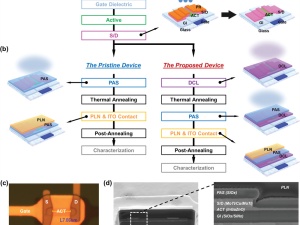Electrochemical Impedance Spectroscopy Study of Commercial Li‐Ion Phosphate Batteries: A Metrology Perspective
Abstract
A single‐production batch of commercial LiFePO4‐graphite Li‐ion batteries (2.5 Ah) were investigated using electrochemical impedance spectroscopy (EIS). Four batches, consisting of three cells each, were cycled between 100% and 0% state of charge (SoC), with EIS measurements acquired between 90% and 20% SoC. Cell batches were initially investigated at 25°C, stressing the importance of repeatability, reproducibility, careful selection of AC perturbation type and amplitude, frequency range and the need for data quality checks (eg, through calculation of Kramers‐Kronig residuals). Cells were (a) calendar, and (b) cycle aged at 0°C, 25°C and 40°C. Data are presented as Nyquist plots, analyzed by distribution of relaxation time analysis, and fitted using a proposed equivalent circuit. The available literature was evaluated to provide the best experimental parameters for reliable data acquisition. This further provided comments on issues worth considering prior to embarking on an EIS‐based calendar or cycle aging study of commercial Li‐ion batteries. The need for a metrological foundation to such measurements is stressed. This work provides a number of starting‐point parameters for newcomers to these types of investigations.
Full review article:
Source: Preview Image: lcs813/Getty Images






